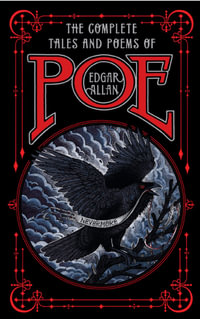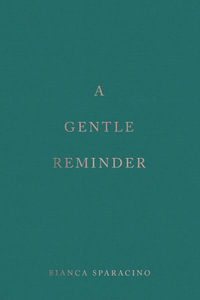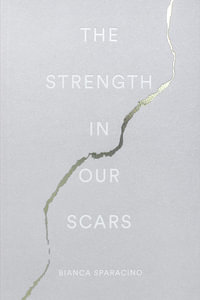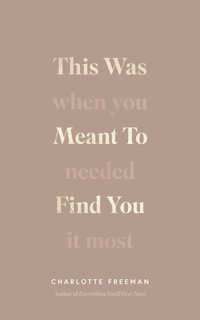Poetry, Poets, Readers is a defence of poetry against the protective moves which claim that poets never lie because they never affirm, or that their poems exist in a separate 'world'. These much re-iterated manoeuvres for safe-guarding poetry by banishing it from an active role in life can paradoxically go hand in hand with a poet's yearning for the authority of a legislator. Through detailed considerations of poetry by Shakespeare, Keats, Yeats, Auden,
Elizabeth Bishop, and Paul Muldoon, along with sustained meditations on question forms in poems, the role of fact in fictions, the nature of literary value, speech acts and performative utterances issued by poets,
the book sets out a fresh model for relationships between poetry, poets, and readers - one which allows the historical fact of poems having made things happen to be itself happening. Peter Robinson, himself an award-winning poet, explores what we do by imagining when we read or write poems. In describing how poetry, poets, and readers make things happen the poet offers us an invitation and implies a promise. Taking up the one, we find out how to keep the other.
Industry Reviews
`Review from other book by this author 'Translation, forthrightness and literalism are among the themes of Peter Robinson's intriguing new book...The sheer range of Peter Robinson's work seems to acquit him from charges of normativeness.''
Mark Wormald, Times Literary Supplement
`'Peter Robinson integrates sensitive close readings with political awareness of originating, and changing, context to produce an historically informed criticism more satisfying than some of the work currently passing as such. In the Circumstances is additionally interesting for its subtle restoration of the idea of the poem as a collective act.''
MLR, 89.4, 1994
`intelligent and useful...What Robinson has to say about Thomas Hardy and Robert Browning, about Wordsworth's `The Sailor's Mother' or Eliot's The Dry Salvages, is stimulating, lucid, and original...Robinson can bring a very sharp eye to bear on the verbal details of poetic texture, and is adept at highlighting words or constructions in particular poems which carry with them implications for larger patterns of critical understanding of the poet in
question.'
Review of English Studies
























